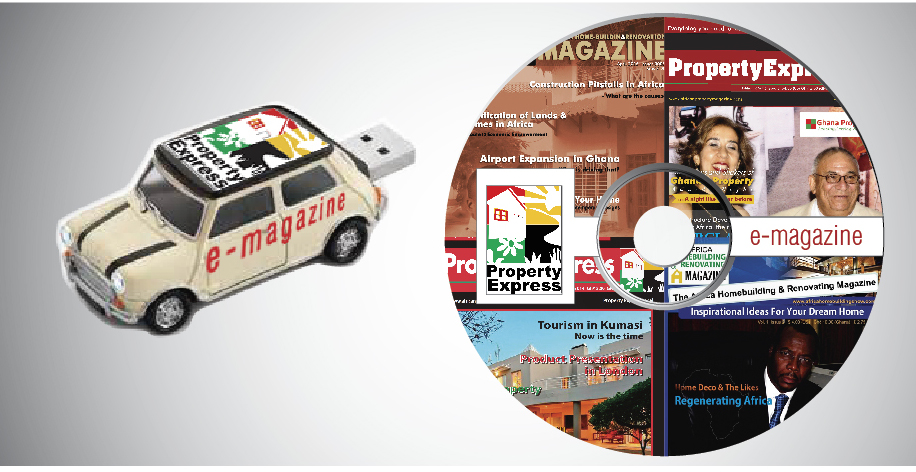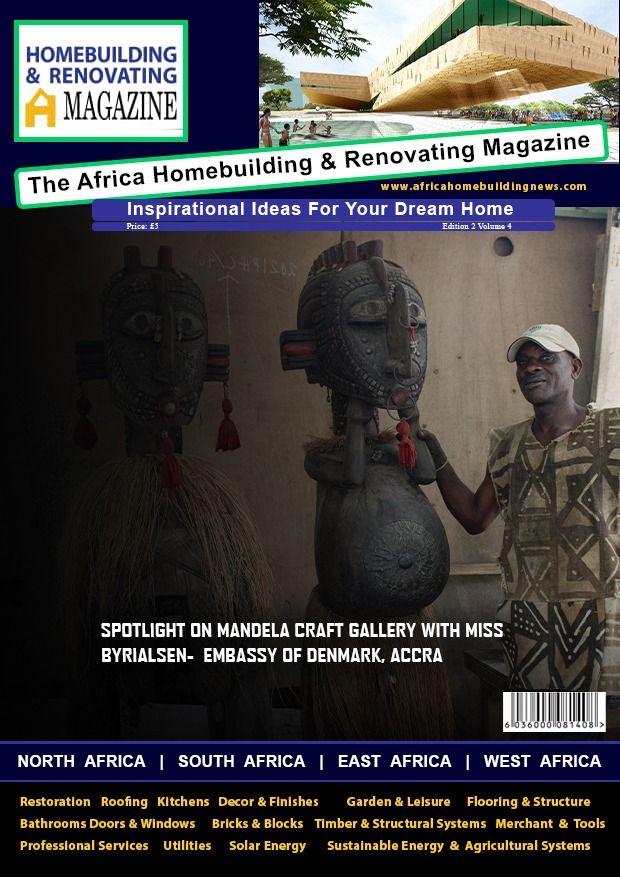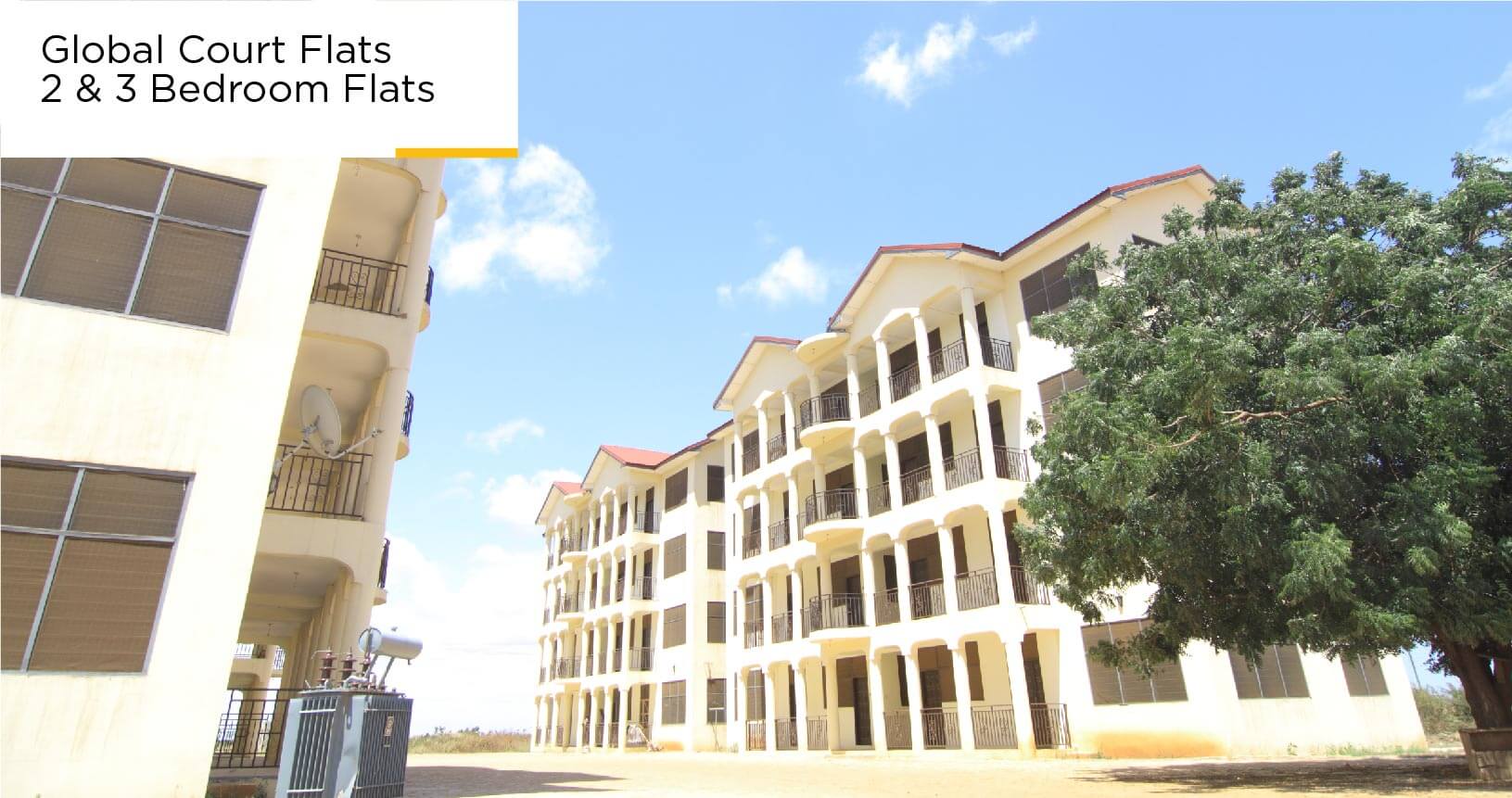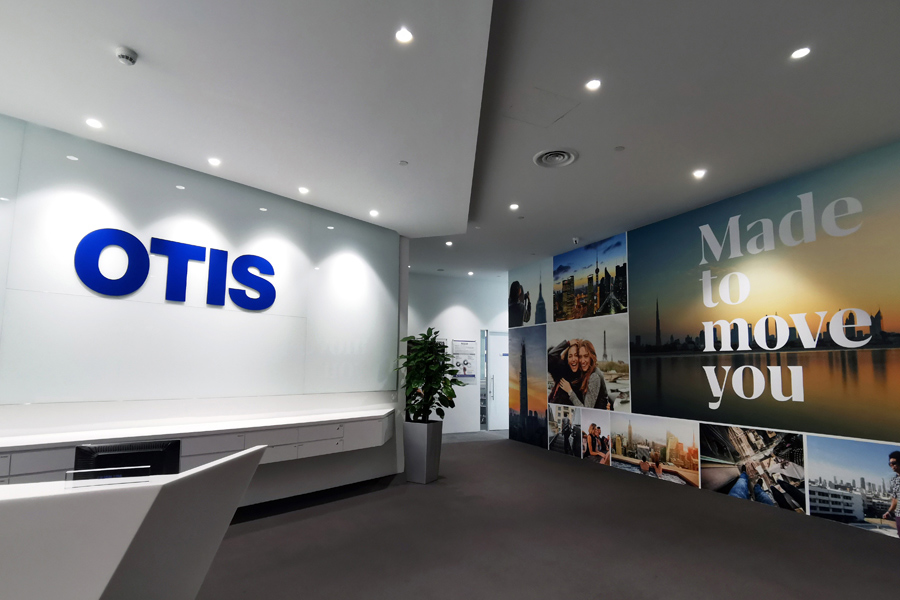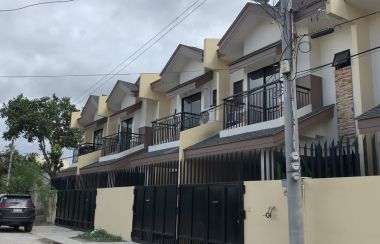The African Building Supply Industry, manufacturing and Supply Opportunity for investors

There are incredible business opportunities for investors in Africa if you know where to look. Many entrepreneurs who have built successful businesses are joining the millionaires club every year. An African wealth report by New World Wealth indicates that there are over 160,000 millionaires in Africa.
According to a popular saying, ‘the best place to find gold is to look where it has been found before.’ The opportunities in Africa today are numerous. The number of millionaires in Africa from 2000 to 2013 interestingly grew more than 145 percent, compared to the 73 percent worldwide growth.
Another multi-billion dollar opportunity in Africa is the continent’s real estate market. All over Africa, real estate projects are springing up. This is a market with the potential to create new millionaires.
The biggest attractions are office buildings, high-rise hotels, shopping malls, residential homes, and apartments. There is a shortfall of 17 million housing units in Nigeria alone, which requires a funding of $363 billion.
Sustainable Trade Financing to achieve workable development Goals &THE AFRICAN PROPERTY AWARDS 2021
In Mozambique, prices of properties at the seaport, especially for warehouses are some of the most expensive in Africa. In Luanda (Angola capital city), the prices for prime office rents are among the highest in the world at $150 per sqm per month.
Increasing urbanization, an expanding middle class, influx of expatriates and multinational companies, in combination with a large and youthful population are the key driving force for both residential and commercial real estate.
Major markets for real estate’s that are presently experiencing a real estate boom and should be on the agenda of investors are Nigeria, Angola, South Africa, Egypt, Kenya, and Mozambique.
Another multi-billion dollar industry that offers a huge business opportunity for investors is the African retail market. Apart from its over one billion population, the African populations are active purchasers of products as a result of their growing economies, rapid urbanization, and a rising middle class.
The retail market in Africa is experiencing a monumental shift as it gradually moves away from informal trading in open markets to organized retail shopping in online stores and shopping malls. The breathtaking growth in Africa’s online retail markets can be seen in a brand like Jumia, which is currently worth more than $500 million. Jumia, now regarded as the ‘African Amazon’ is one of the fastest growing Africa online retail business.
Other retail brands in the continents like Shoprite, Woolworth, Game, and Nakumatt are spreading fast in other countries across the continent.
Notwithstanding the boom in the African retail markets, the industry presently makes up less than 5% of the continent’s entire retail markets. There is abundant room to serve the African retail market and make lots of money in the process.
A report on seizing Africa’s Retail opportunity takes an interesting look at the opportunities in the Africa retail markets. According to the report, Nigeria, Rwanda, Namibia, Gabon and Tanzania presently offer the best retail market opportunities in Africa.
There are enormous opportunities in Africa’s agribusiness and a World Bank report has projected Africa’s agribusiness to be worth $1 trillion by the year 2030.
Sub-Saharan Africa, according to the World Bank has almost 50% of the world’s uncultivated arable lands with rich soils. However, African nations still import more than 70% of wheat consumed in the continent. They also import 300,000 tons of chicken and spend over $10 billion on importing grains, particularly rice.
Agribusiness remains a largely untapped gold mine in Africa and with a population of more than one billion people; the continent has an open market even if an investor decides to ignore export.
AfCFTA, World Bank on African Continental Trade Area - Get to learn more about the new trade zone. Property Express Bings to you a user friendly version
With the recent crash in crude oil prices, Agricultural giants in Africa, including Nigeria and Angola are looking at agribusiness as a means of diversifying their economy. This means that the governments of these countries are now more supportive and open to foreign investors with agribusiness initiatives.
Source : This Article is produced by PE Magazine and writen by Henry Ameyaw, Phd, business and commercial correspondence for Pe Magazine
Comments System WIDGET PACK




.jpg)




